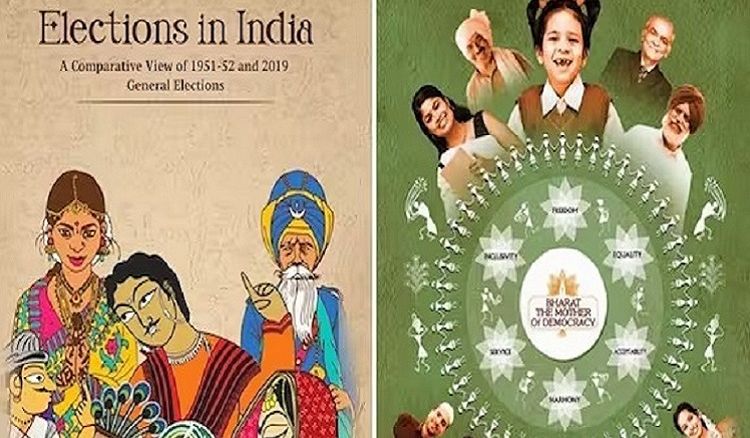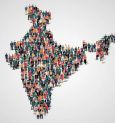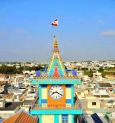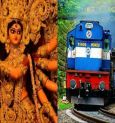In a captivating move ahead of the G20 summit, the Indian government has unveiled two remarkable booklets, 'Bharat, The Mother of Democracy' and 'Elections in India'. These booklets, totaling 40 pages, delve into India's historical journey dating back to 6000 BCE and the evolution of its democratic traditions. Soft copies of these enlightening documents are now available on the official G20 website, ready to be shared with visiting dignitaries.
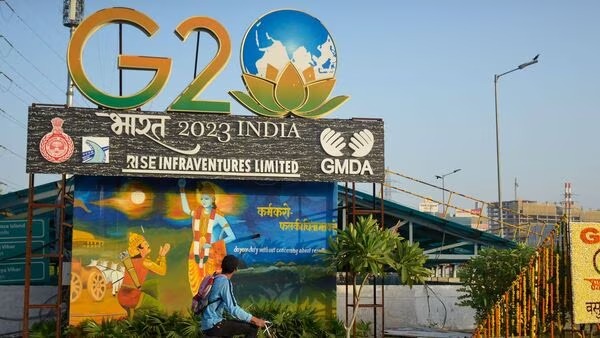
The core message echoed in both booklets is the enduring presence of democratic values within the Indian populace over millennia.
The first booklet, spanning 26 pages, presents India as the cradle of democracy. It features a striking image of a 5,000-year-old dancing girl statue, symbolising confidence, self-assurance, and liberation. Accompanying this visual is a hymn from the Rig Veda, the oldest of the four Vedas, emphasising the importance of assemblies of commoners and representative bodies.
Furthermore, the booklet draws attention to democratic elements in the ancient Indian epics, the Ramayana and Mahabharata. It highlights how Lord Ram's ascension to kingship involved the approval of a council of ministers and consultations, demonstrating early democratic decision-making. In the Mahabharata, Bhishma, the venerable patriarch, imparts wisdom on good governance, stressing a king's duty to ensure the prosperity and happiness of his subjects.
The booklet also chronicles the influence of Buddhism's principles on India's democratic ethos, as well as references to Arthashastra and the participation of citizens during the rule of notable monarchs like Ashoka, Chandragupta Maurya, Krishnadeva Raya, and Chhatrapati Shivaji. Even in modern times, post-independence, India's Constitution firmly established a modern democratic republic while preserving valuable lessons from its rich democratic history.
The second booklet, consisting of 15 pages, embarks on a journey through India's electoral history, spanning from 1951 to 2019. It meticulously details the growth in the number of candidates and the remarkable efforts made by authorities to ensure fair and efficient elections, underscoring India's impressive democratic progress.
These booklets serve as a compelling testament to India's profound democratic heritage and offer visiting dignitaries at the G20 summit a unique insight into the nation's enduring commitment to democratic values.
The G-20 Summit is scheduled to take place at the Bharat Mandapam Convention Centre in the Pragati Maidan area of New Delhi on September 9 and 10. The central theme of the G20 meeting is 'India: The Cradle of Democracy,' highlighting India's rich democratic heritage.
Additionally, there are numerous indicators of India's ancient democratic traditions. Delhi has implemented several stringent restrictions in preparation for the G-20 summit. The guidelines explicitly mention that certain media outlets have inaccurately portrayed the sanctions enforced by the G20 summit. These misleading headlines have caused confusion among both journalists and the general public.
 বাংলায় পড়ুন
বাংলায় পড়ুন


